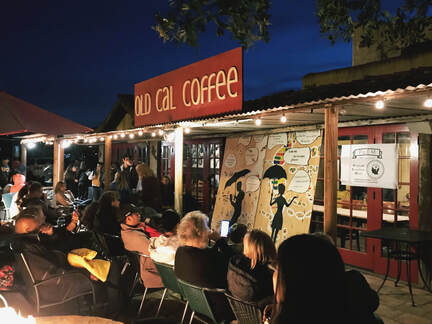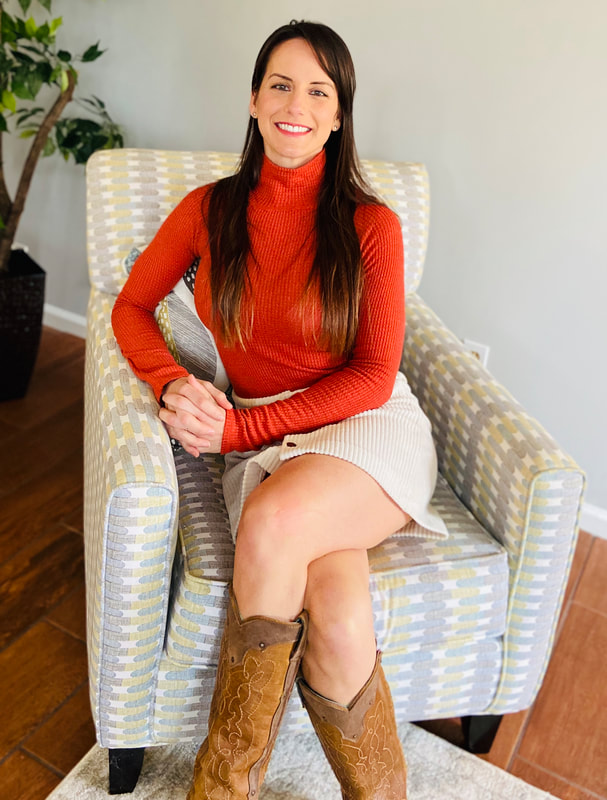|
For my first project this school year with my sixth graders, I chose to plan for an open mic night. Ultimately, I wanted the kids to get up in front of an audience of community members, (expert) poetry writers and their parents and share intimate details of their lives. The essential question we (my teaching partner and I) presented to them was, Who am I and what shapes my identity. The plan was for my partner, their science teacher have them explore who they are physically, genes and physical traits. While my job was to get them to think about who they are emotionally. What makes them who they are. Their experiences, their problems, their celebrations, their family, their friends, the things that make them wonder and the things that make them feel something. When this was in the beginning stages of my planning, I envisioned the kids getting in front of the microphone and speaking about their lives in a way that was deep and personal. I knew what I was hoping for was very ambitious and probably a little crazy to think I could do this with sixth graders at the beginning of a school year when half of them had met each other for the first time just a few weeks prior to the launch of this project. But I knew if I was going to have them create spoken word pieces AND share them on a stage then the poems couldn’t be about their favorite color and their pets. It had to be something bigger than that and way more meaningful. The entire process from brainstorming the poems to performing on stage took two and a half months. Every single student of my 58 students did it. And it was beautiful. There were poems about experiencing depression, painting feelings rather than speaking of them, being bullied and finding a group to belong to, the “collateral damage” of divorce but how life is good again, feeling like he can’t succeed in school but not giving up, fake friends, being called a fake Mexican, racial identity, change they hope for in the world, having two moms that are laughed at in public, brother issues and building walls around her heart because of how people have left her in life. These are topics that blew me away. There was A LOT that went into making this happen, but below are some tips for you if you want to get your students expressing their feelings in writing or maybe even put on a performance of spoken word. Lists Building lists was probably the one thing that really helped kids to begin writing when they had no idea where to start. I would always model with my ideas first and I always opened up. Yes, it was hard to talk to them about my father dying when I was 17 and how he was never really around or how my mom was always at work or my extremely difficult first year teaching, but this helped in a major way to build a safe space. They saw me be vulnerable and they opened up, too. You know your class and yourself, so share what you are comfortable with sharing. I am not saying it won’t be a little scary, but imagine how scary it is for a sixth grader to write about these same things. We need to take risks if we are going to ask our students to do the same.
Real Life Stories
Another way I was able to get the kids to write is by sharing inspiring stories and asking them to write reflections. I asked for them to think about how the article related to their own lives or questions it brought to mind. We read an article about a family that lived through the Japanese internment camps and had to start over three times. In the end the father died before any retribution was ever made. Another article was from Bryan Stevenson, a lawyer and social activist who fights for the rights of people on death row. (He wrote an amazing book called Just Mercy and then came out with a version for young adults. I have a copy in my classroom for the kids). After reading an article that clearly demonstrated how Mr. Stevenson lives his life based on his strong belief against the death penalty, I asked kids to write about what they believe in. What is something they believe that might be an unpopular opinion? Videos Finally, I showed a lot of YouTube videos of spoken word performances. (Definitely watch all the way through before choosing which videos if profanity is not allowed in your classroom). Prince Ea is my favorite artist and very kid appropriate and relatable as well. The one that struck the most chords with my class is his performance of Can we Autocorrect Humanity? Poems And of course, I shared with them poems that related to identity or life experiences that shaped someone’s identity. Field Work It only made sense to take my class to an open mic night so they could get a real feel for what it means to actually take part in one. This was extremely helpful! Afterwards, the kids knew that for their own open mic night they would need a logo and slogan, a name for the night, a poster for the stage, music to transition from one poet to the next, an MC to run the night, tables with more to share with the guests and a backdrop. The Timeline I had the kids spend about 2 weeks just free writing their thoughts on these writing prompts before I asked them to start writing poetry. I never explicitly taught them any specific type of poem structure. I wanted it to all be free write. Some kids decided to rhyme, others not. Some took on the idea of rhyming here and there like a lot of the poems they saw on the videos I shared. Others structured poems similar to ones they read. I love that they started to emulate what I was being shared in the classroom. I also brought in experts in the field who also brought in experts. These people are published poets and share their writing at open mic nights around San Diego. Check out my Facebook page or Instagram account to see some of their performances in our classroom! So there you have it. If you’re thinking about doing a spoken word unit in your class, reach out to me! I would love to hear from you and answer any questions you might have to get more details about what went into it. Good luck! It is truly an amazing experience to share with kids!
0 Comments
Leave a Reply. |
Julia GrahamDaughter of the King, wife and mother, former upper elementary teacher, curriculum and course developer Archives
March 2023
Categories
All
|
Pages |
Resources |
|



 RSS Feed
RSS Feed